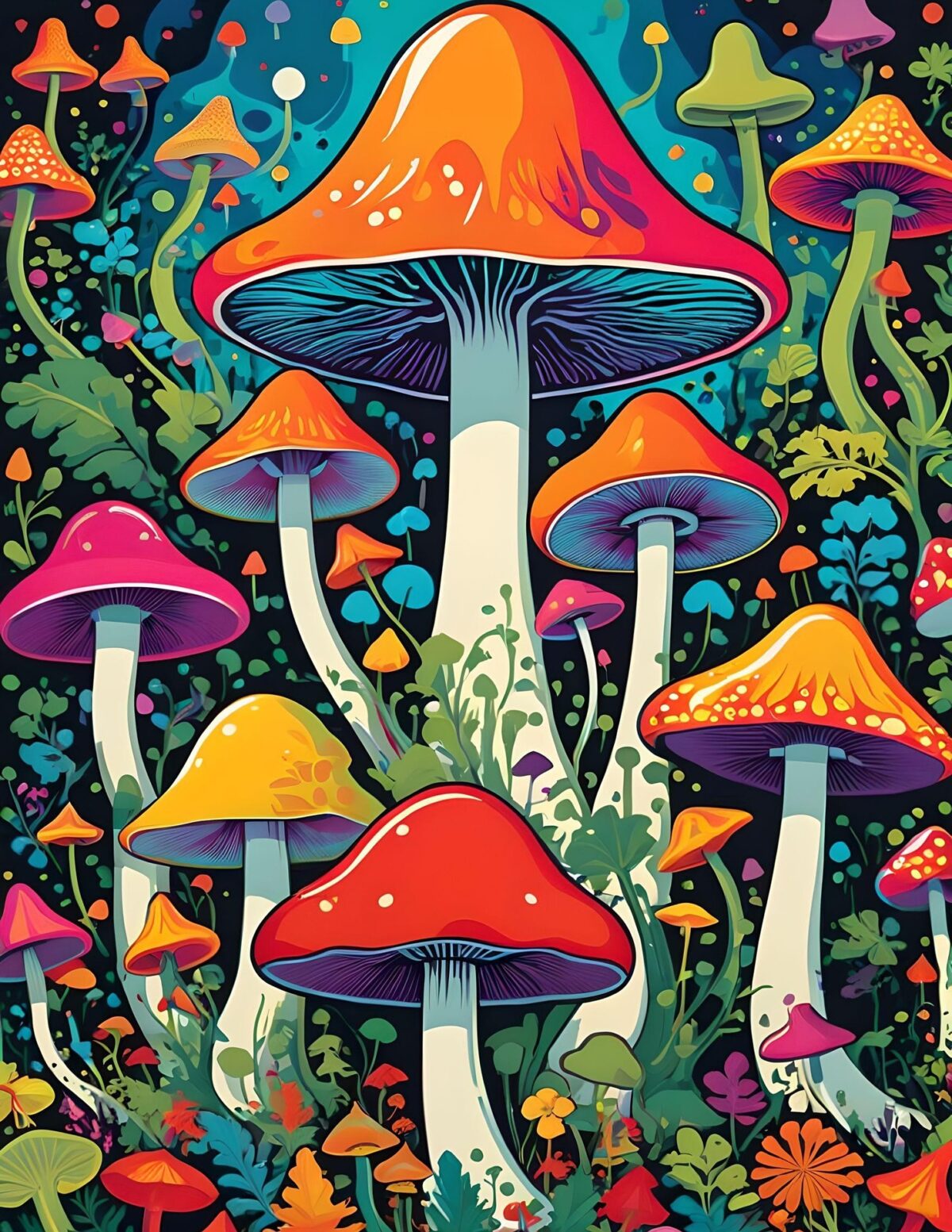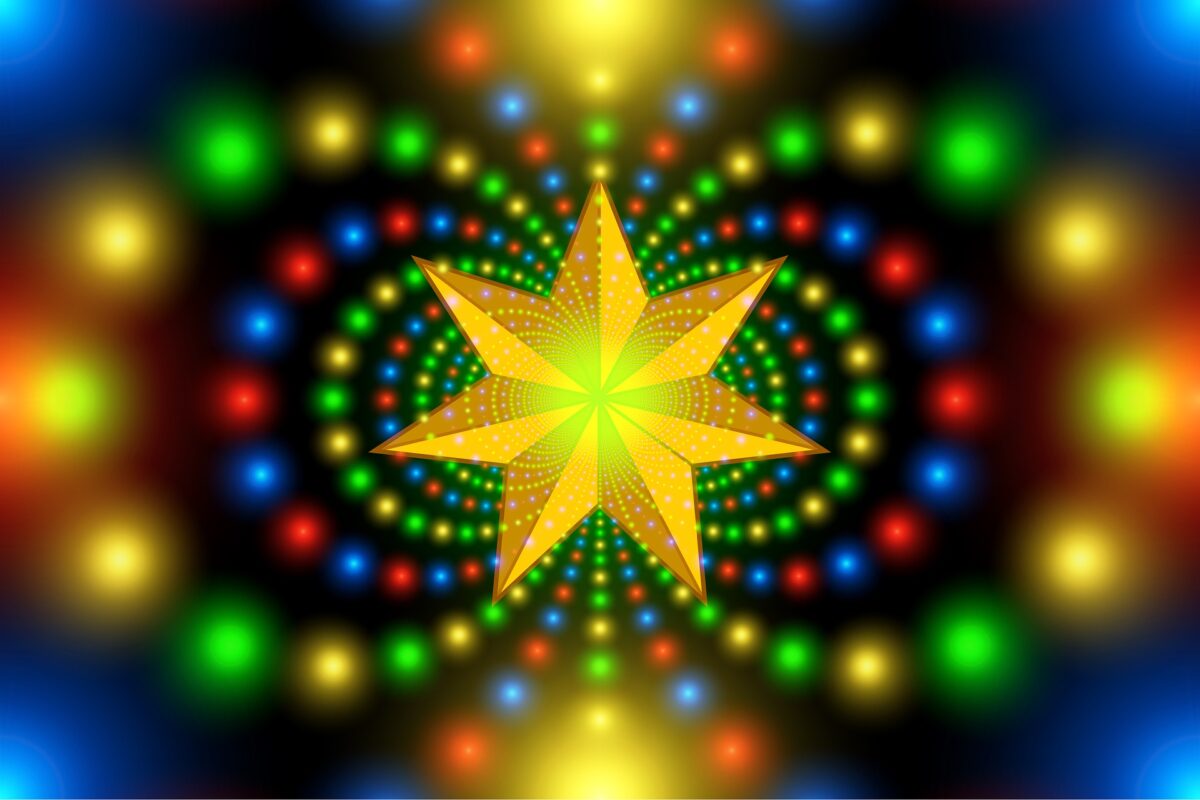In the never-ending quest for more effective mental health treatments, a centuries-old compound is re-emerging with potential to revolutionize the field. Psilocybin—known for its presence in “magic mushrooms”—is at the heart of a new wave of psychotherapy, proving to be an intriguing addition to the toolkit of psychiatrists and mental health professionals. This blog post will explore the advancements in assisted psilocybin psychotherapy, shedding light on its potential, current state, and future trajectory.
Understanding Psilocybin Psychotherapy
Unlocking the Substance
Initially introduced to the masses by indigenous cultures, psilocybin is a naturally occurring compound found in certain mushrooms. It became widely known in the West during the counterculture movement of the 1960s, only to be banned in many countries following stricter categorization of substances. Despite this, research persisted underground and in more permissive regions.
Delving into the Psychedelic Experience
When correctly administered in a controlled environment, psilocybin produces powerful psychological effects, including a profoundly altered state of consciousness. This experience, often described as “psychedelic,” can involve euphoria, introspective insights, and a sense of interconnectedness with the universe. In the context of therapy, this altered state is approached with intention, guiding patients through a process of self-reflection and emotional healing.

Benefits of Assisted Psilocybin Therapy
Mental Health Improvements
Research indicates that psilocybin therapy has the potential to significantly alleviate symptoms in various mental health conditions, such as depression, anxiety, and PTSD. The therapy’s effects are reported to be enduring, with some studies showcasing a single dose’s ability to induce a lasting positive shift in mood and outlook.
Treatment-Resistant Conditions
One of the most promising aspects of psilocybin therapy is its ability to aid individuals who are resistant to traditional treatment. In the realm of depression, where conventional approaches can fail a significant portion of patients, psilocybin might provide a much-needed alternative path toward healing.
Holistic Healing Approach
Assisted psilocybin therapy is more than just a psychological experience; it’s frequently described as a spiritually significant event. Its holistic approach addresses the interconnected nature of mental, emotional, and sometimes even physical well-being, leading to a more comprehensive healing process.
Current Research and Studies
Groundbreaking Discoveries
Recent studies on psilocybin therapy have provided compelling evidence of its effectiveness. For instance, a landmark study at Imperial College London revealed that patients with treatment-resistant depression experienced substantial reductions in depressive symptoms after two doses of psilocybin. Other research explores its potential for smoking cessation and even end-of-life anxiety in terminally ill patients.
Clinical Trials and Methodologies
To legitimize its medical application, psilocybin therapy is undergoing rigorous clinical trials. These trials employ a blend of traditional psychological support alongside carefully structured doses of psilocybin, ensuring the patients’ safety and maximizing the therapeutic experience.
Challenges and Considerations
Legal and Ethical Hurdles
Despite growing evidence of its benefits, psilocybin’s societal and legal status presents significant barriers. Its current classification as a Schedule I substance in the United States, for example, places tight restrictions on its use and research. There are also ethical considerations surrounding its use in therapy and accessibility to patients in need.
Integration into Mainstream Healthcare
For psilocybin therapy to reach its full potential, it must find acceptance within mainstream healthcare systems. This involves not only changing legal frameworks but also navigating the cautious medical landscape wary of its past associations with recreational use.
Future Outlook
Potential Impact on Mental Health Treatment
Should psilocybin therapy continue to demonstrate positive outcomes, it has the potential to reshape mental health treatment paradigms. Its possible use alongside, or in place of, traditional psychiatric medications is a promising avenue, offering a different approach for people who do not respond to conventional treatments.
Opportunities for Further Research and Development
The future of psilocybin therapy lies in extensive further research, exploring dosing regimens, the optimal therapeutic settings, and the full scope of its potential applications. Additionally, there’s room for the development of supportive technologies and treatment protocols addressing patients’ post-therapy integration and aftercare.
Conclusion
The recent advancements in assisted psilocybin psychotherapy mark a pivotal moment in the evolution of mental health care. While it faces significant hurdles, the accumulating evidence of its therapeutic capabilities, combined with the growing cultural openness to alternative healing modalities, suggests a bright future. The potential to uplift countless individuals from the trenches of mental health struggles underscores the importance of continuing the conversation and research around this potentially game-changing form of therapy. With the right support and approach, psilocybin therapy could stand as a beacon of hope for those in need of relief from the burdens of the mind.







